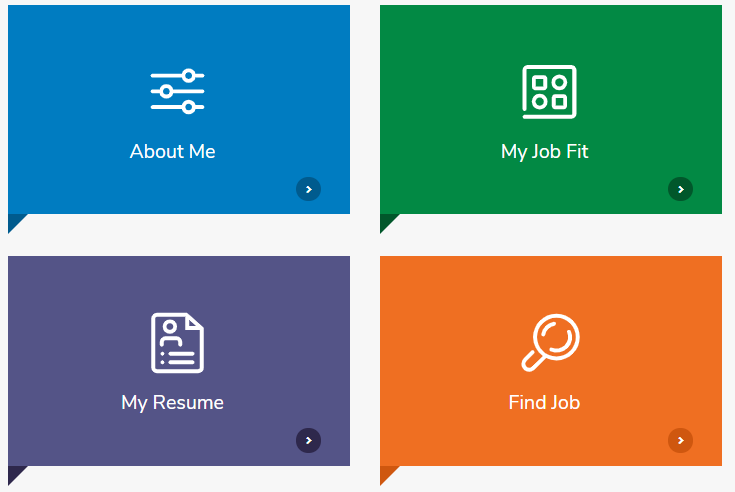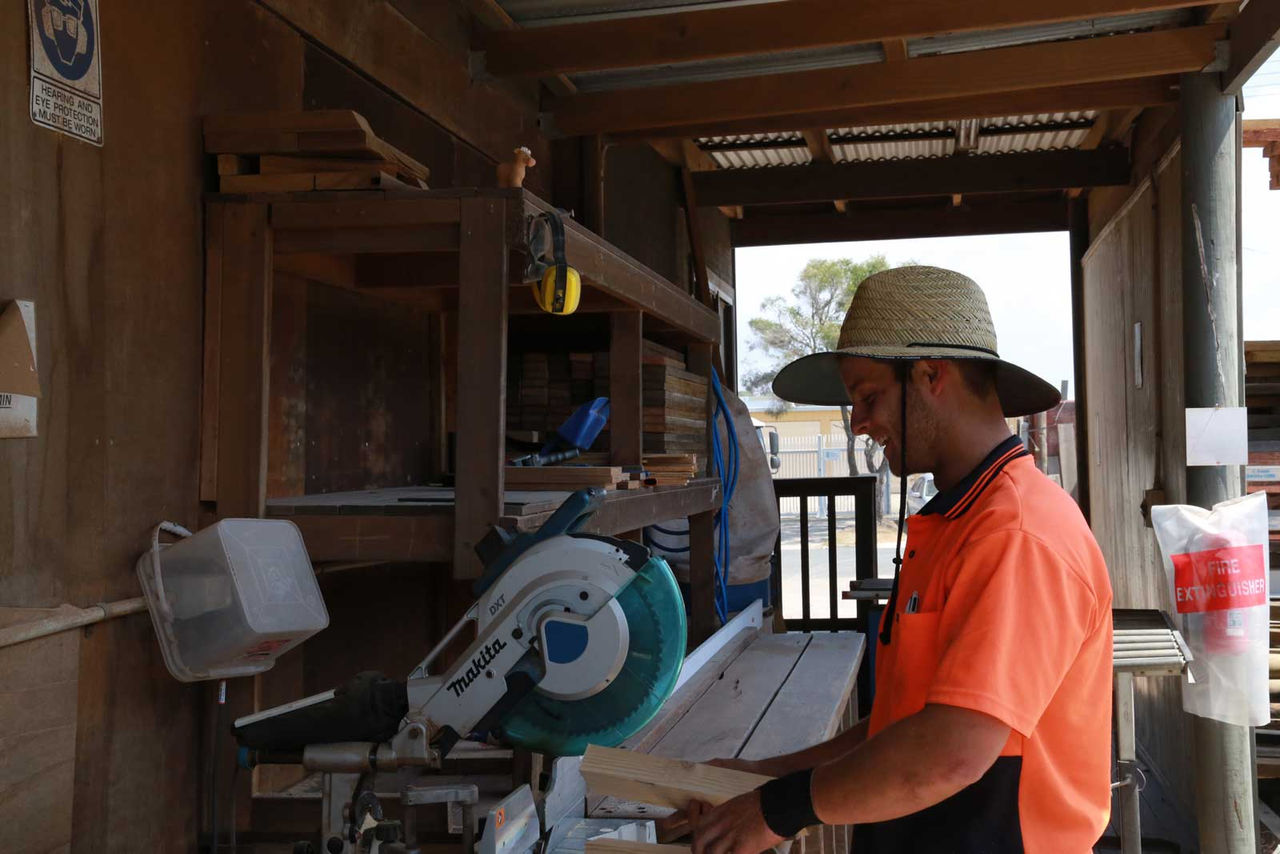Psychological safety at work
Published by MAXSolutions on May 28, 2024

Psychological safety is a term used to describe workplaces where employees feel safe to speak up, share ideas and make mistakes.
Researchers have found that workplaces with good psychological safety have better performance outcomes, and better health and wellbeing for their employees1.
Psychological safety is similar to trust, but psychological safety is found in groups and trust is usually given to an individual. Groups that have psychological safety come to expect to be valued for their ideas and contributions no matter how controversial or critical of their leaders. When a mistake is made, rather than being blamed, they are encouraged to learn.2
Paradoxically, organisations with high psychological safety see a lot of courage. It takes courage to give difficult feedback, to admit you’ve made a mistake and to share a new idea. It’s this courage, well received which drives the high performance of organisations with good psychological safety1.
“Wherever there is fear, there will be wrong figures.”
– W E Deming, The New Economics.4
Psychological Safety expert, and Professor of Leadership at Harvard University, Amy Edmonston, writes:
“Psychological safety is broadly defined as a climate in which people are comfortable expressing and being themselves. More specifically, when people have psychological safety at work, they feel comfortable sharing concerns and mistakes without fear of embarrassment or retribution. They are confident that they can speak up and won’t be humiliated, ignored or blamed. They know they can ask questions when they are unsure about something. They tend to trust and respect their colleagues.
When a work environment has reasonably high levels of psychological safety, good things happen: mistakes are reported quickly so that prompt corrective action can be taken; seamless coordination across groups or departments is enabled; and potentially game changing ideas for innovation are share. In short, psychological safety is a crucial source of value creation, in organisations operating in a complex, changing environment.”
The benefits of Psychological Safety
- Psychological safety encourages team members to feel more engaged and motivated.
- Individuals feel that their contributions matter, will be taken seriously without blame or retribution.
- Psychological safety creates conditions for better decisions to be made. More information is available from a diverse range of people who feel able to share their opinions and concerns.
- Psychological safety creates an expectation of culture of continuous learning and improvement, where mistakes are learning experiences.
There are significant downsides of not having psychological safety. Organisations with poor psychological safety have poorer employee well-being, including stress, burnout, and turnover. There is also a noticeable reduction in the overall performance of the organisation5.
Psychological safety seems to matter more in work environments where employees need to use their discretion.
Professor Edmonston lists5 the following 7 features of teams that have good psychological safety:
- If you make a mistake on this team, it is not held against you.
- Members of this team are able to bring up problems and tough issues.
- People on this team sometimes accept others for being different.
- It is safe to take a risk on this team.
- It isn’t difficult to ask other members of this team for help.
- No one on this team would deliberately act in a way that undermines my efforts.
- Working with members of this team, my unique skills and talents are valued and utilized.
Psychological Safety is usually created by the leaders of an organisation, who welcome input of all kinds, value feedback and who encourage learning and growth in the context of making mistakes2,3.
If you would like to create better psychological safety in your team, contact your EAP’s Manager Assist on 1800 629 277 or email support@maxsolutions.com.au
Share
Tags
Found this useful?
Help and advice
Our blogs are about helping people seek the information that they need for their steps in the workforce.














_1.jpg)





























.jpeg)

















